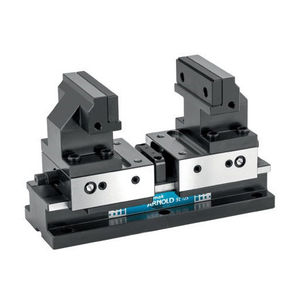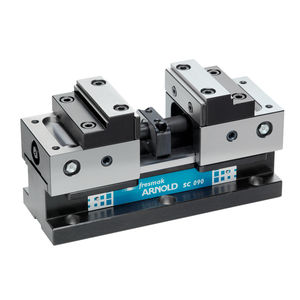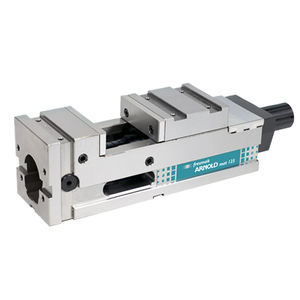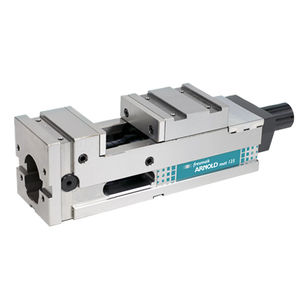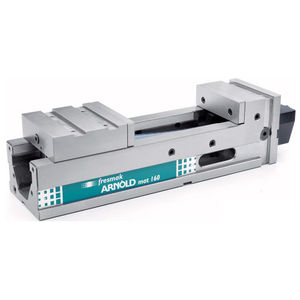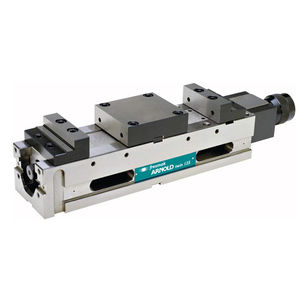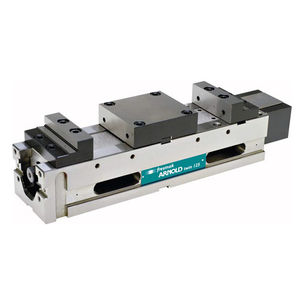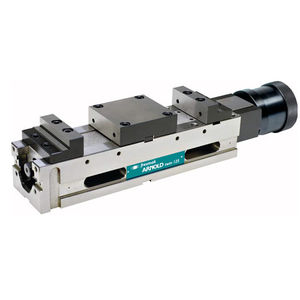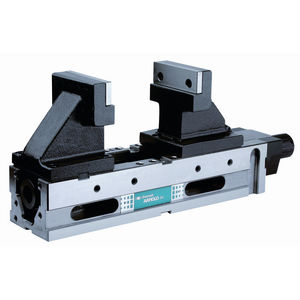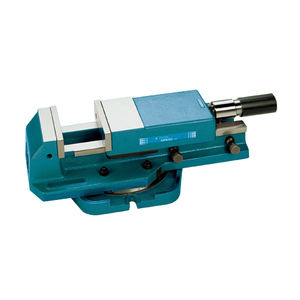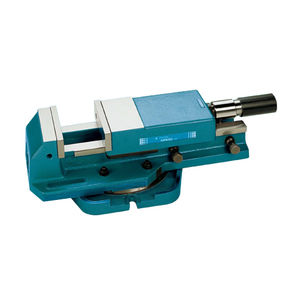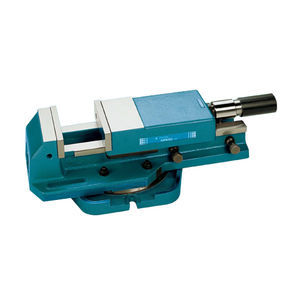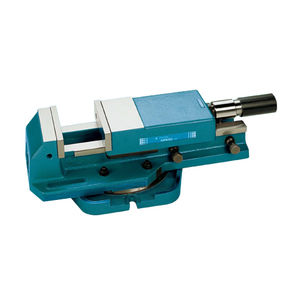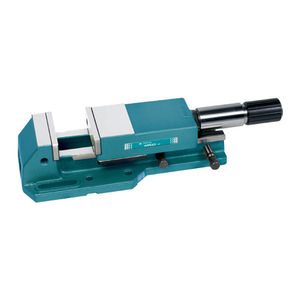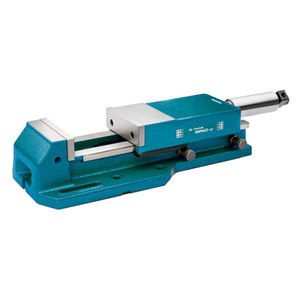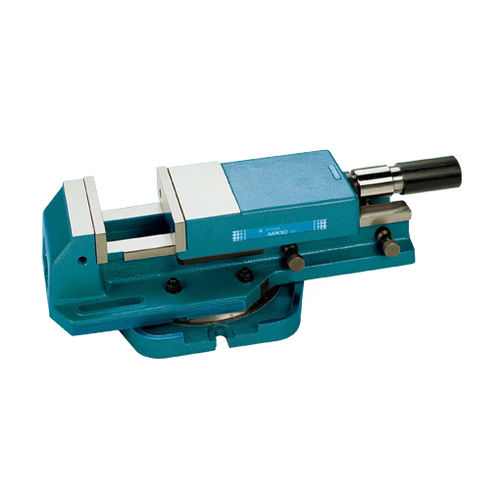
Machine tool vise 010 011 ARNOLD CLASSIC serieshydraulichorizontalrotary
Add to favorites
Compare this product
Characteristics
- Applications
- for machine tools
- Operation
- hydraulic
- Configuration
- horizontal, rotary
- Other characteristics
- high-pressure, with base plate
- Max. clamping force
25 kN, 40 kN, 50 kN, 80 kN
Description
High pressure ARNOLD CLASSIC vices achieve a clamping force of up to 80 kN.
- Accuracy of 0.01 mm in clamping repeatability.
- Monoblock design avoids deformations due to high pressure and offers great rigidity and robustness.
- The force applied by the high pressure spindle is transmitted to the work-piece right in the centre of the clamping jaw.
- Large aperture up to 375 mm and 845 mm if the body is in two parts.
- Clamping force is 25/40/50/80 kN, depending on the model.
- ARNOLD CLASSIC spindles can be used independently from the vice as a power clamping element in a workholding set up.
- Fitted with a high pressure hydraulic intensifier which does not require any external supply.
- Power regulator optional.
- Two part straight vice option available.
VERSIONS
Standard
Clamping to the machine table can be achieved through the holes and the slots on the side of the vice.
It can be supplied with a rotary base.
Straight
Its narrowness makes it easy for it to be placed jointly parallel to another vice, thereby allowing for a large clamping unit for large workpieces.
Two part straight
Ideal for large work-pieces.
It clamps the work-pieces on top of the guides or on top of the table.
An inner tie-rod joins both parts of the vice.
Catalogs
No catalogs are available for this product.
See all of Fresmak‘s catalogsRelated Searches
*Prices are pre-tax. They exclude delivery charges and customs duties and do not include additional charges for installation or activation options. Prices are indicative only and may vary by country, with changes to the cost of raw materials and exchange rates.



